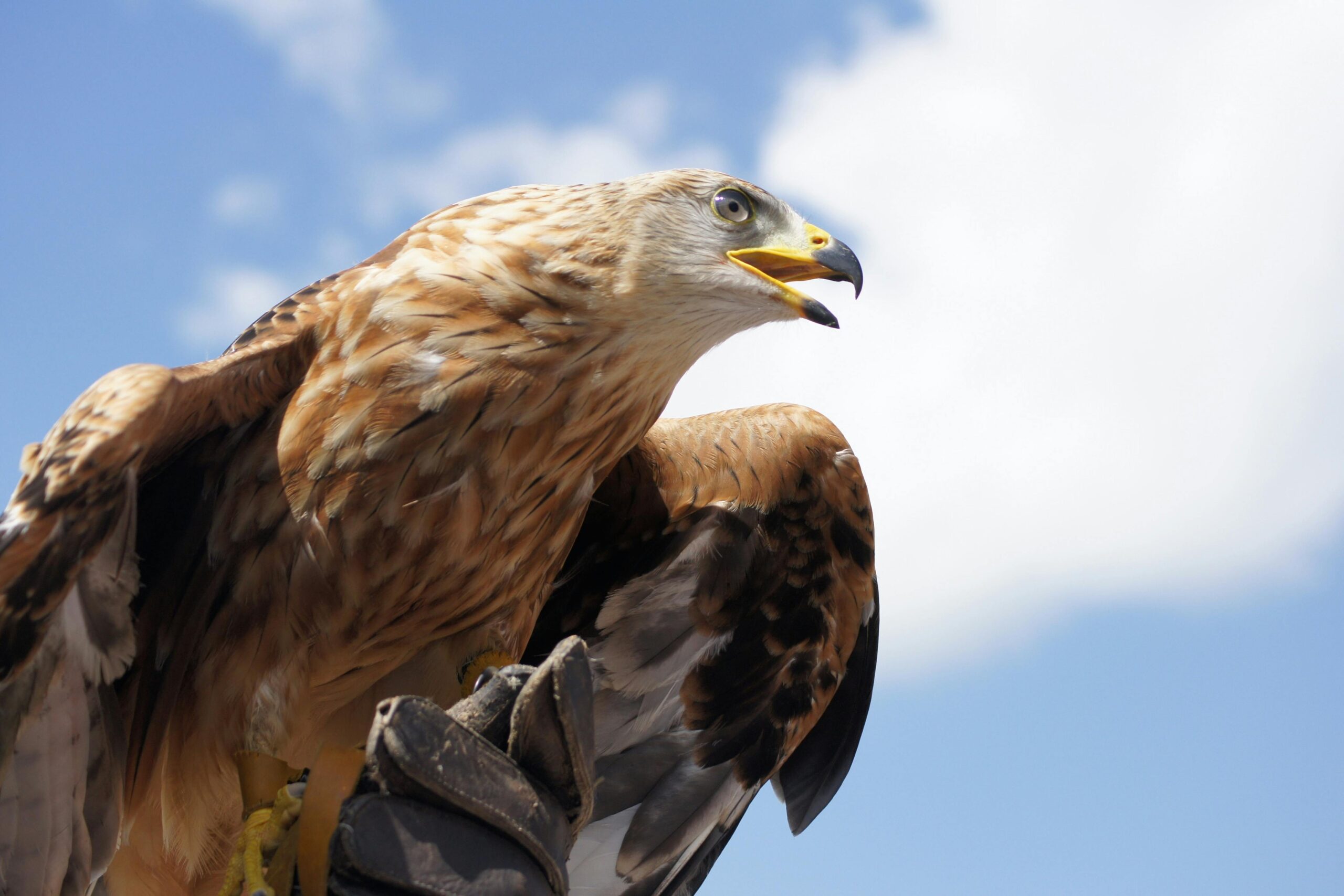Golden Eagle eggs can typically be left unattended for only about 20-30 minutes before they start to chill, even less in cold or wet conditions. This time frame is critical for the survival of the eggs, as prolonged exposure to cold or wet conditions can lead to the eggs not hatching or the chicks being weak upon hatching.
The Importance of Constant Brooding
The adults, usually the female, brood the eggs constantly during the incubation period, which lasts approximately 42 days. The male brings food to the female during this time, allowing her to take short breaks of about 50 minutes to an hour while he takes over incubation duties.
Hatching and Chick Rearing
The eggs do not all hatch at the same time, with the first egg hatching first since it has been incubated for the longest period. The chicks hatch with a thin layer of grayish down and their eyes are partially open. The female continues to brood the chicks for approximately the first 20 days, while the male brings food to the nest. During this time, the chicks cannot thermoregulate their temperature and depend on the parents to do so. The female broods the chicks through the night, and the length of time she does so varies with regional weather conditions.
Factors Affecting Unattended Time
The amount of time a Golden Eagle egg can be left unattended is influenced by several factors:
- Weather Conditions: Eggs are more vulnerable to chilling in cold or wet conditions, reducing the time they can be left unattended.
- Incubation Stage: Eggs in the later stages of incubation are more sensitive to temperature fluctuations and require more constant brooding.
- Parental Experience: Experienced parents may be able to leave the eggs unattended for slightly longer periods compared to first-time breeders.
Consequences of Prolonged Unattendance
If Golden Eagle eggs are left unattended for too long, the consequences can be severe:
- Egg Chilling: Prolonged exposure to cold temperatures can lead to the eggs not hatching or the chicks being weak upon hatching.
- Predation: Unattended eggs are more vulnerable to predation by other animals, such as ravens, coyotes, or even other eagles.
- Nest Abandonment: In extreme cases, the parents may abandon the nest if they are unable to maintain the proper temperature for the eggs.
Monitoring and Protecting Golden Eagle Nests
To ensure the successful hatching and rearing of Golden Eagle chicks, it is crucial to monitor and protect the nests. This can involve:
- Nest Observation: Trained biologists or wildlife enthusiasts can observe the nest from a safe distance to monitor the parents’ behavior and the eggs’ status.
- Nest Protection: In some cases, physical barriers or deterrents may be used to prevent predators or human disturbance from accessing the nest.
- Habitat Conservation: Protecting the natural habitats of Golden Eagles is essential to maintain healthy populations and ensure the long-term survival of the species.
Conclusion
The Golden Eagle is a majestic bird of prey, and understanding the critical role of constant brooding in the incubation and rearing of their young is essential for their conservation. By recognizing the limited time frame in which Golden Eagle eggs can be left unattended, we can better protect these remarkable birds and ensure their continued presence in the wild.



